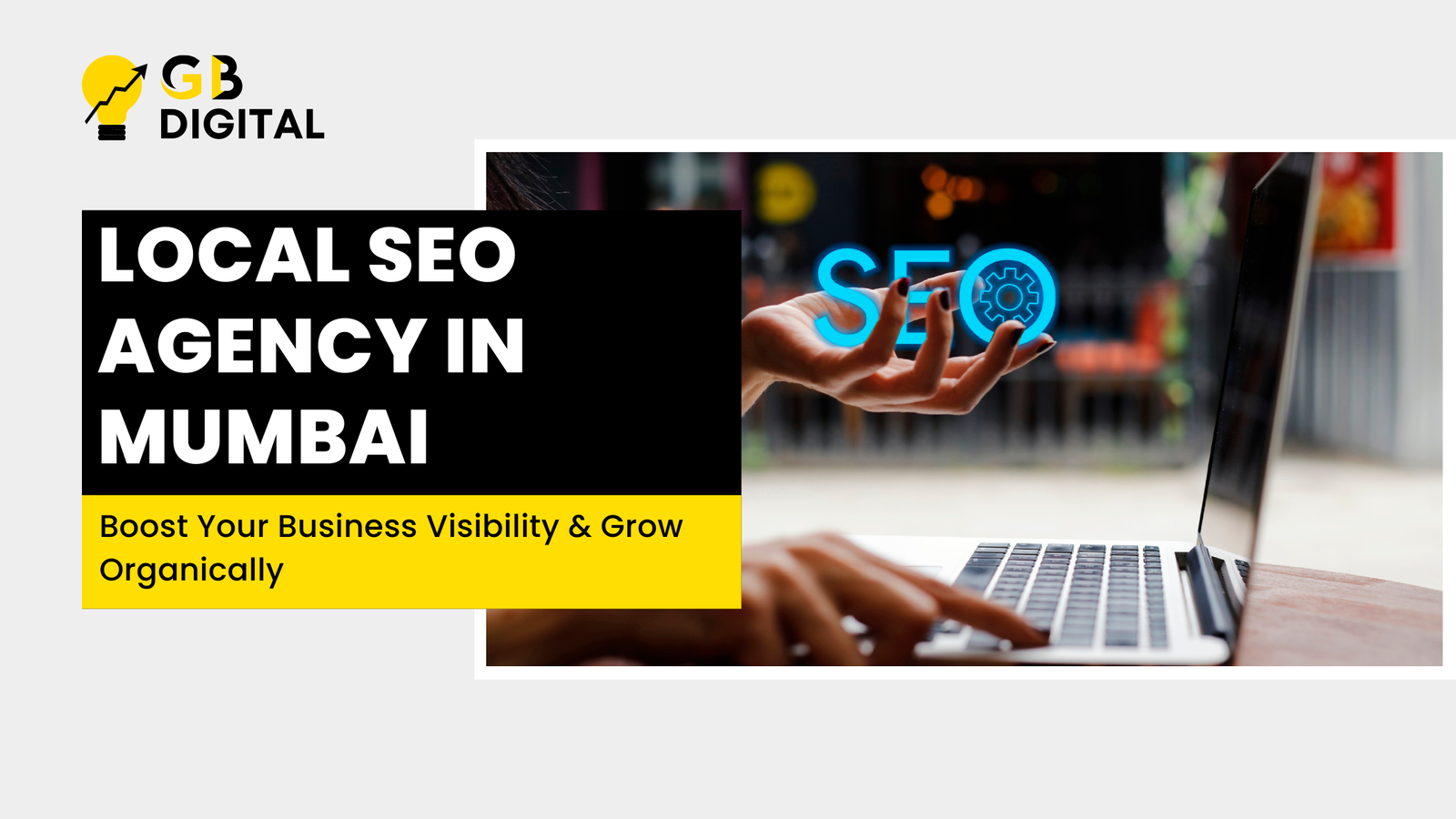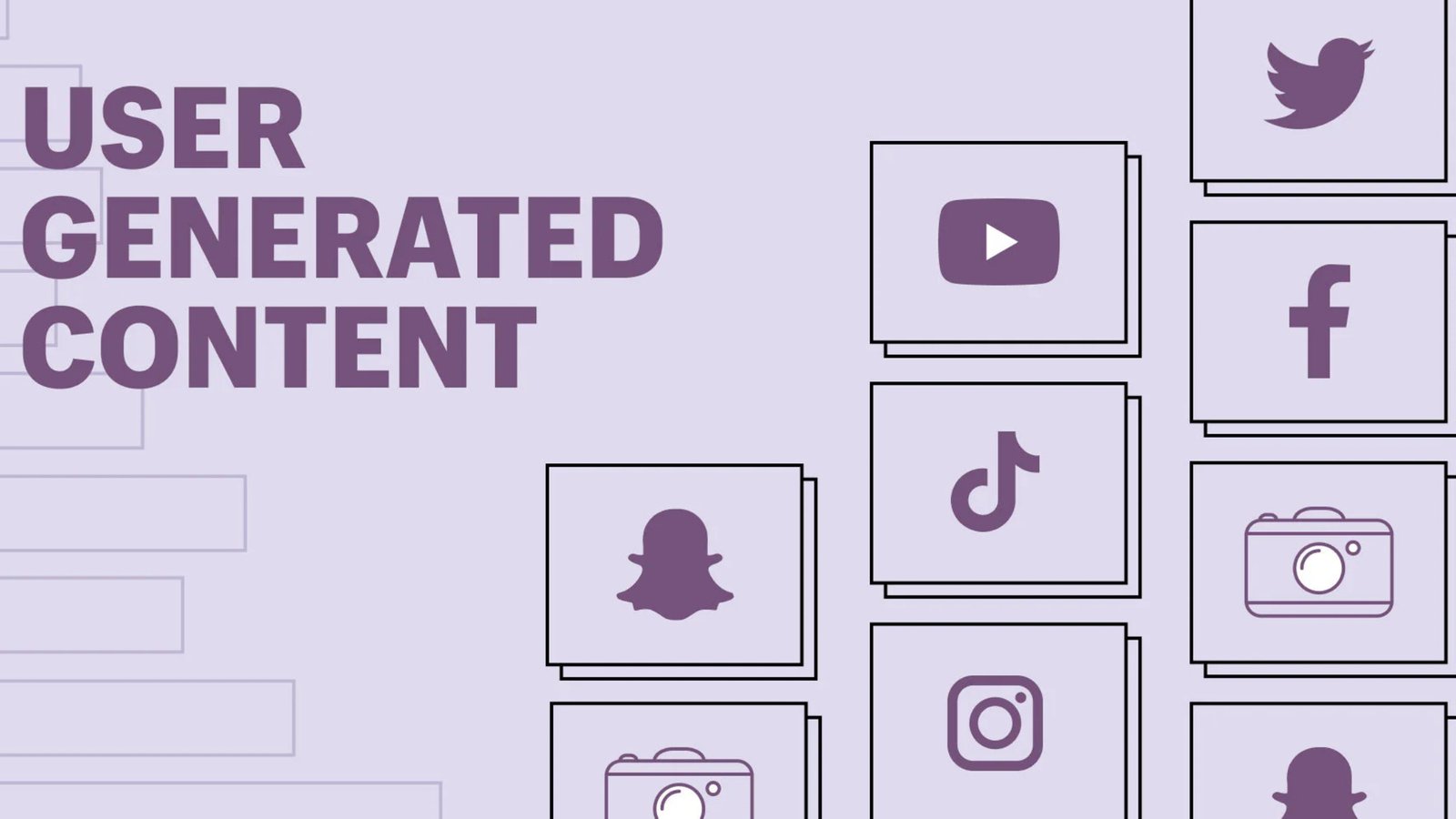In today’s digital landscape, businesses are constantly seeking innovative ways to streamline processes and improve customer interactions. Chatbots have emerged as a powerful tool in this transformation, particularly in the realm of lead generation. These AI-driven assistants not only engage potential customers but also guide them through the sales funnel, helping businesses convert visitors into leads more effectively.
In this article, we will explore how chatbots are revolutionizing lead generation, the benefits they offer, practical use cases, and the future of this technology. By the end, you’ll understand why chatbots should be an essential part of your lead generation strategy.

What Are Chatbots for Lead Generation?
Chatbots are AI-powered programs designed to simulate human conversation. When used for lead generation, they engage website visitors, answer questions, and collect data that qualifies them as leads. By integrating chatbots into websites, social media, or messaging platforms, businesses can capture and nurture leads around the clock.
Chatbots leverage natural language processing (NLP) to understand user inputs and provide relevant responses. This makes them ideal for handling queries, booking appointments, providing product recommendations, and guiding users through complex decision-making processes—all while collecting valuable lead information.
Why Use Chatbots for Lead Generation?
There are several reasons why businesses are increasingly adopting chatbots for lead generation:
24/7 Availability
One of the key advantages of chatbots is their ability to operate around the clock. Unlike human agents, chatbots can engage potential leads at any time, ensuring no opportunity is missed, regardless of time zones or working hours.
Instant Engagement
Chatbots engage users instantly, providing the immediate responses that modern consumers expect. Quick interactions can be the difference between capturing a lead or losing them to a competitor. Chatbots can also handle multiple conversations simultaneously, unlike human agents who are limited by capacity.

Personalized Interactions
Advanced chatbots can analyze user behavior and preferences to provide personalized experiences. This increases the chances of converting a visitor into a lead by offering relevant information or product recommendations tailored to their needs.
Lead Qualification
Chatbots can ask pre-determined questions to qualify leads in real-time. This eliminates the need for manual lead sorting and enables businesses to focus their efforts on high-potential prospects. By automating this process, companies can save time and improve efficiency.
Data Collection and Analysis
Chatbots capture essential data from conversations, such as user preferences, interests, and contact information. This data can be integrated into CRM systems, helping businesses fine-tune their marketing strategies and make data-driven decisions.
Key Features of Lead Generation Chatbots
Conversational Flow
Effective lead generation chatbots are designed with a well-thought-out conversational flow. This ensures that conversations feel natural and guide the user towards sharing contact details or making a purchase without feeling pressured.
Multi-Channel Integration
Chatbots can be integrated across various platforms, including websites, social media channels like Facebook Messenger, and messaging apps like WhatsApp. This allows businesses to engage leads on their preferred communication platforms.
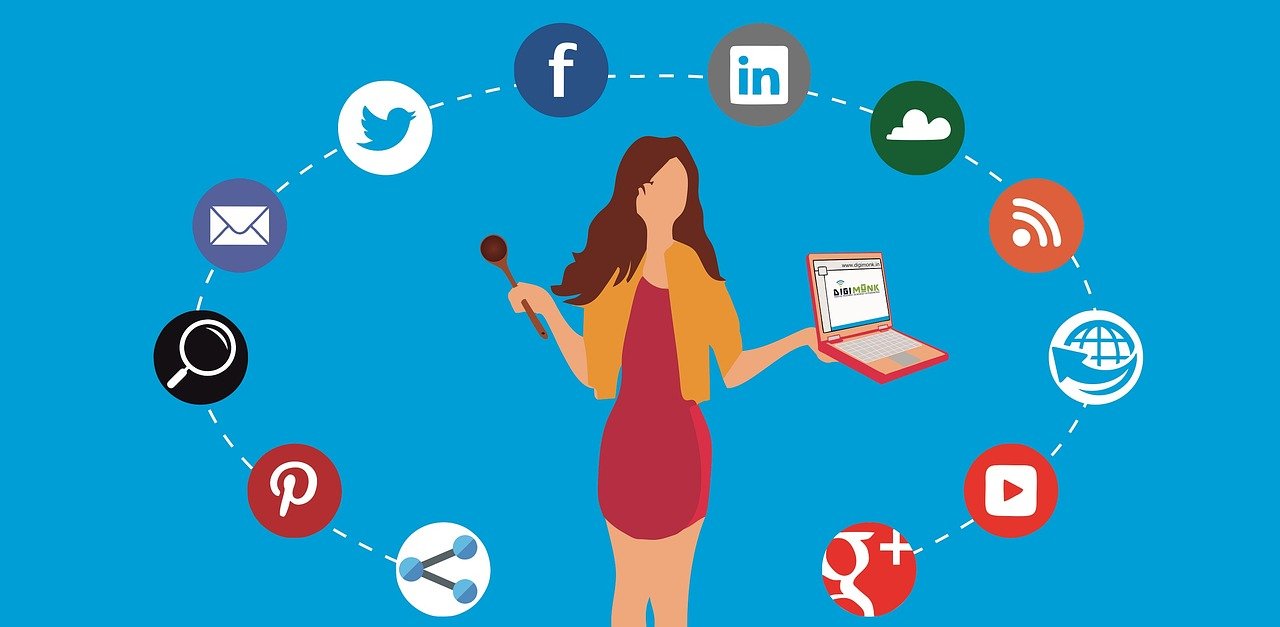
Seamless Handover to Human Agents
When a chatbot identifies a qualified lead or a complex query that requires human intervention, it can seamlessly transfer the conversation to a human agent. This ensures high-quality service while keeping the lead engaged throughout the process.
Lead Scoring
Lead generation chatbots can assign scores to leads based on their responses and behavior during the interaction. This allows businesses to prioritize high-value leads for immediate follow-up.
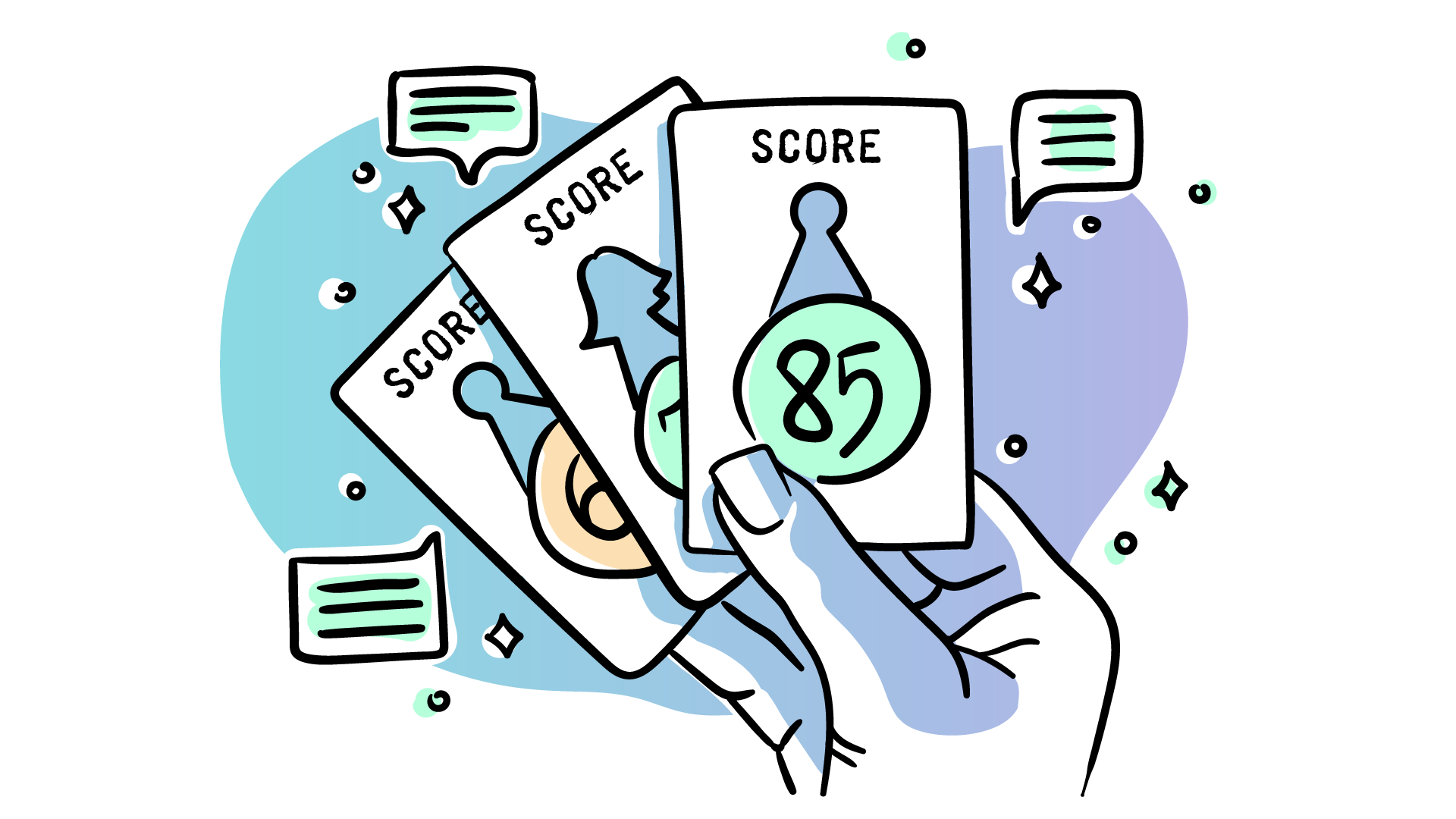
AI and Machine Learning Capabilities
As chatbots evolve, many incorporate machine learning algorithms that allow them to improve over time. They can learn from past conversations, refine their responses, and adapt to user behavior, enhancing lead generation capabilities.

Practical Applications of Chatbots in Lead Generation
E-Commerce Websites
E-commerce businesses can leverage chatbots to assist visitors in finding products, answer questions about availability, and recommend complementary products. For instance, if a user is browsing smartphones, the chatbot can suggest relevant accessories or point out ongoing promotions, guiding them towards a purchase.

Real Estate
Real estate companies use chatbots to qualify leads by asking specific questions like budget range, property preferences, and location. This information helps realtors target potential buyers or renters with the right offers and streamline their sales process.

Financial Services
In the financial sector, chatbots can pre-screen applicants for loans or credit cards. They can gather crucial information like income levels, credit scores, and employment status to determine eligibility, improving the efficiency of lead qualification.

Education
Universities and educational platforms are increasingly using chatbots to engage prospective students. Chatbots can answer questions about courses, fees, and admission requirements while collecting leads for follow-up by the admissions team.

B2B Services
For B2B companies, chatbots can engage potential clients by offering personalized service packages based on industry type, company size, and specific needs. They can help book meetings, schedule demos, or provide downloadable content like whitepapers, effectively nurturing leads.
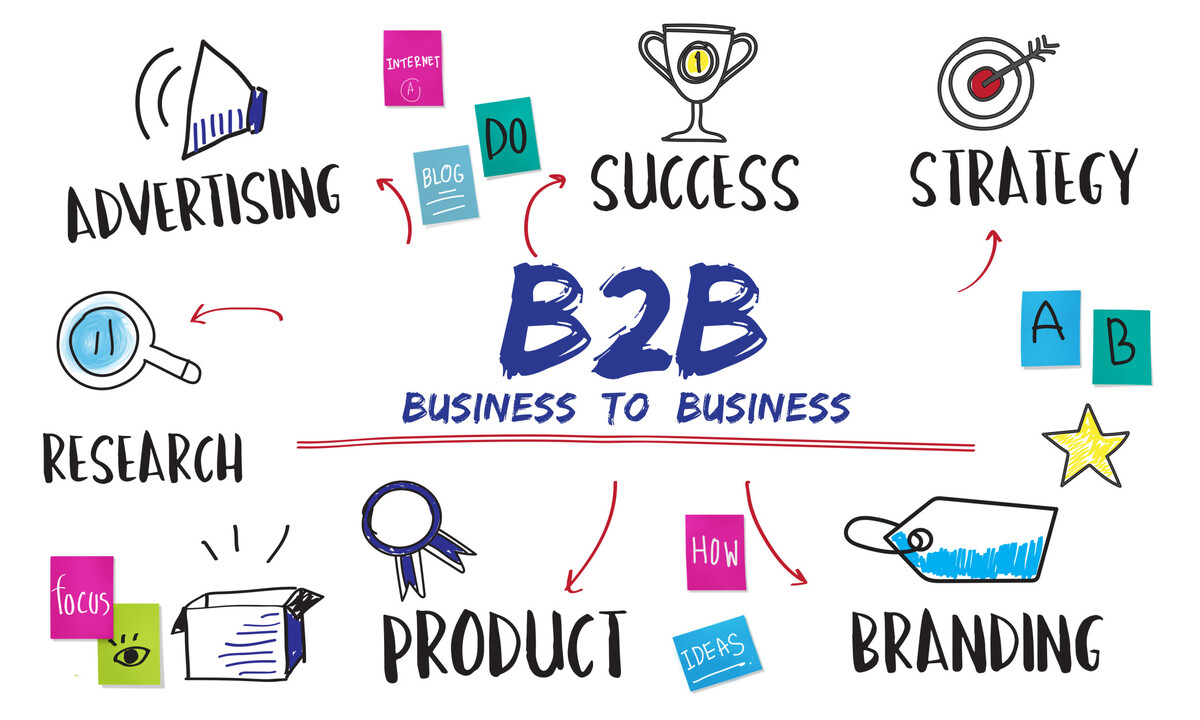
How to Implement a Chatbot for Lead Generation
Implementing a chatbot for lead generation involves careful planning and execution. Here’s a step-by-step approach:
Define Your Goals
Identify what you want to achieve with the chatbot. Are you looking to collect email addresses, schedule appointments, or guide users to make purchases? Defining clear goals will shape the chatbot’s conversational flow.
Choose the Right Platform
Select a chatbot platform that suits your business needs. There are many options available, from rule-based bots to AI-driven solutions. Platforms like Drift, HubSpot, and ManyChat are popular choices for lead generation.
Design the Conversational Flow
Create a conversation flow that guides users from greeting to lead capture. Ensure that the chatbot asks qualifying questions in a non-intrusive way and provides value at every stage of the conversation.

Integrate with Your CRM
Connect your chatbot to your CRM system to store and manage leads. This integration allows for smooth data collection and better follow-up on qualified leads.
Test and Optimize
Once the chatbot is live, monitor its performance. Test different conversation flows, analyze user interactions, and optimize the chatbot’s responses based on the data collected.
Future Outlook for Chatbots in Lead Generation
The future of chatbots in lead generation looks promising. As AI technology advances, we can expect even more sophisticated chatbots capable of handling complex queries and delivering hyper-personalized experiences.
Increased Use of AI and NLP
With the continuous improvement of AI and natural language processing, chatbots will become even more intuitive and human-like in their conversations. This will increase their ability to engage leads effectively.
Voice-Powered Chatbots
As voice search becomes more popular, chatbots are expected to adapt by offering voice-powered interactions. This could open new avenues for lead generation, particularly in mobile-first markets.
Advanced Lead Scoring
Future chatbots will likely have enhanced capabilities for lead scoring, using advanced analytics to predict a lead’s likelihood of conversion. This will further refine the lead qualification process.
Omnichannel Experiences
Chatbots will increasingly become part of omnichannel marketing strategies, providing a consistent and seamless experience across multiple touchpoints, from websites to social media and messaging apps.
Conclusion
Chatbots are no longer just a novelty; they are a crucial component of modern lead generation strategies. With their ability to engage users instantly, qualify leads efficiently, and operate 24/7, they provide immense value to businesses looking to scale their lead generation efforts. As AI technology continues to evolve, the potential for chatbots in lead generation will only grow, making them an essential tool for any forward-thinking company.
FAQs
Q1. What is a lead generation chatbot?
A lead generation chatbot is an AI-driven tool that engages potential customers, gathers information, and qualifies them as leads for further follow-up.
Q2. How do chatbots qualify leads?
Chatbots qualify leads by asking predefined questions and analyzing user responses to determine if they fit the target customer profile.
Q3. Can chatbots be integrated with CRM systems?
Yes, chatbots can be integrated with CRM systems to automatically store and manage collected lead data for future follow-up.
Q4. What industries benefit from chatbots for lead generation?
E-commerce, real estate, financial services, education, and B2B services are just a few industries that benefit from chatbots for lead generation.
Q5. What is the future of chatbots in lead generation?
The future of chatbots in lead generation looks promising, with advancements in AI, NLP, and voice-powered interactions making them more efficient and engaging.



